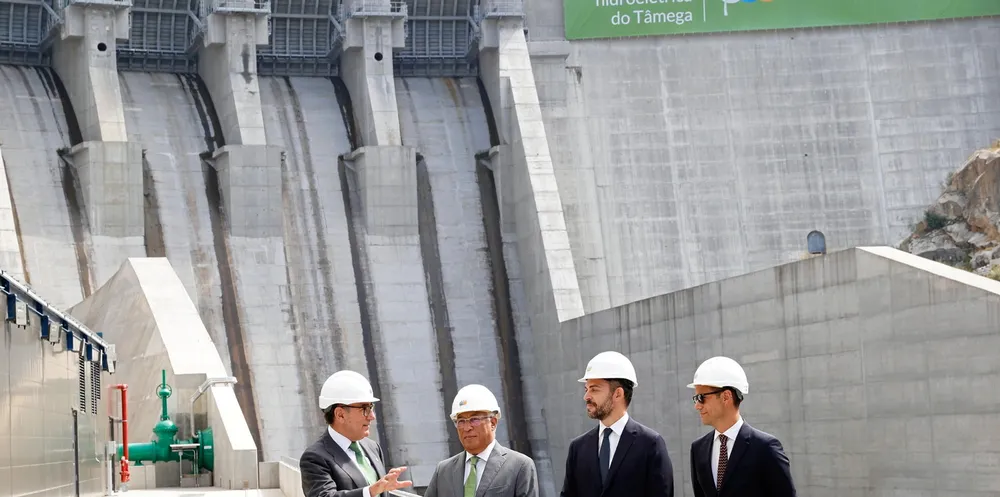'A day's power for 11 million people' | Iberdrola opens gigascale hydro storage plant in Portugal
1.2GW Tâmega complex combines three hydropower plants with 40GWh pumped storage capacity

1.2GW Tâmega complex combines three hydropower plants with 40GWh pumped storage capacity
